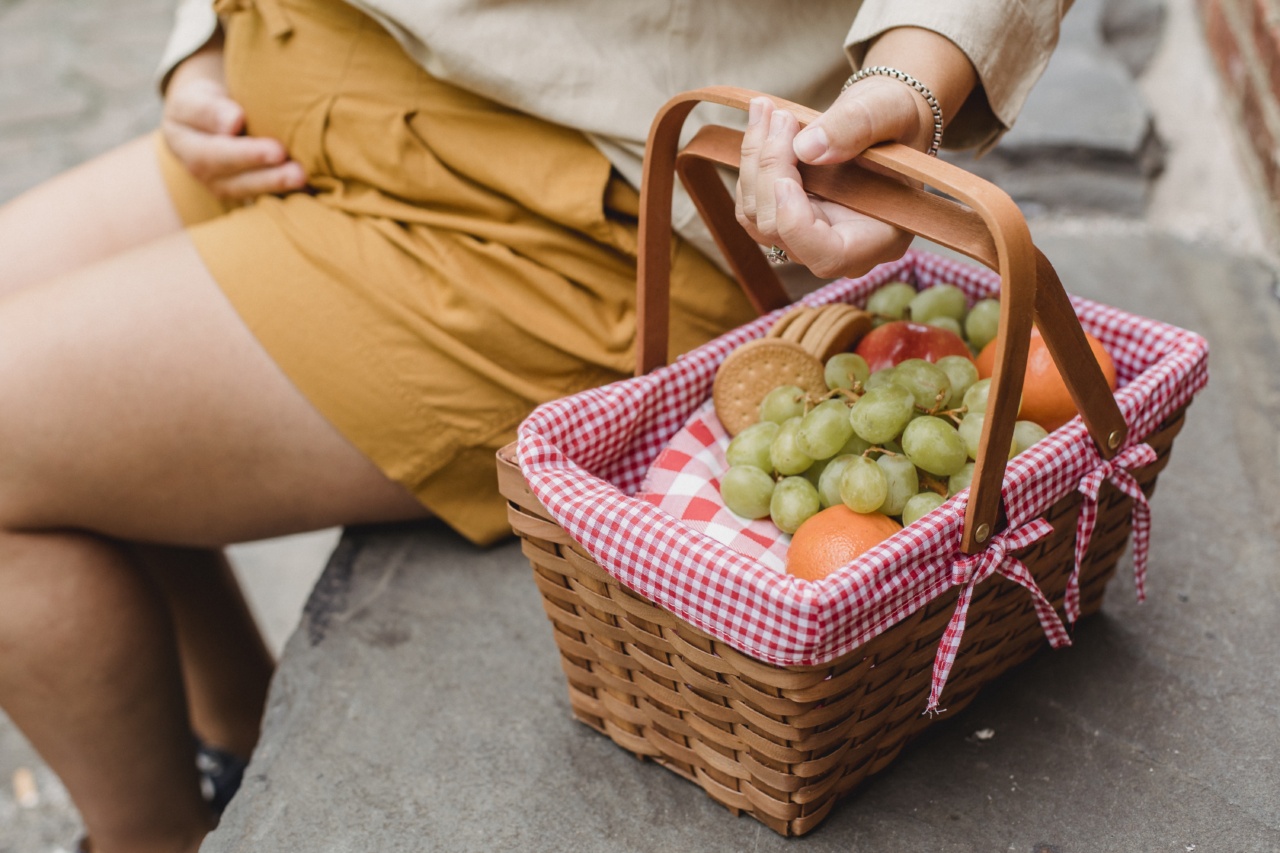Gastroenteritis is a condition that causes inflammation in the stomach and intestines. This can lead to symptoms such as nausea, vomiting, diarrhea, and stomach cramps.
One of the most effective ways to alleviate the discomfort caused by gastroenteritis is by consuming the right foods. In this article, we will look at some of the best foods to calm your tummy when dealing with gastroenteritis.
1. Bananas
One of the best foods to consume when dealing with gastroenteritis is bananas. Bananas are easy to digest, and they also help soothe the stomach lining. They are also rich in potassium, which can help restore electrolyte balance in the body.
This is important as gastroenteritis can cause dehydration, and it’s important to ensure that you are getting enough fluids in your body.
2. Rice
Rice is another excellent food to consume when dealing with gastroenteritis. It is easily digestible and can help alleviate diarrhea.
Rice is also a good source of carbohydrates, which can help provide energy to the body while you recover from gastroenteritis.
3. Ginger
Ginger has been used for centuries as a natural remedy for a variety of health issues, including nausea and vomiting. Consuming ginger can help reduce inflammation in the gut, soothe the stomach lining, and alleviate nausea and vomiting.
You can consume ginger in various forms, such as ginger tea, ginger ale, or even adding fresh ginger to your meals.
4. Apple sauce
Apple sauce is another food that can help calm your tummy when dealing with gastroenteritis. It is easy to digest and can help alleviate nausea and stomach cramps. It is best to choose unsweetened apple sauce to avoid adding any extra sugar to your diet.
5. Toast
Toast is another easily digestible food that can help calm your tummy when you’re dealing with gastroenteritis. It is a good source of carbohydrates and can help provide energy to the body.
It’s best to choose plain toast without any butter or jams.
6. Boiled potatoes
Boiled potatoes are an excellent food to eat when dealing with gastroenteritis. They are easily digestible, rich in carbohydrates, and can help restore electrolyte balance in the body.
It’s important to boil the potatoes instead of frying them as frying can make them harder to digest.
7. Chicken soup
Chicken soup is a popular remedy for a variety of ailments, including gastroenteritis. It is easy to digest, and the warm broth can help soothe the stomach lining.
Chicken soup is also a good source of protein, which is important for repairing tissues and building new cells in the body.
8. Crackers
Crackers are another food that can help calm your tummy when you’re dealing with gastroenteritis. They are easily digestible, and the carbohydrates they contain can help provide energy to the body.
It’s best to choose plain crackers without any added sugars or flavors.
9. Herbal tea
Herbal tea can help calm your tummy and alleviate symptoms such as nausea and vomiting. Some good options for herbal tea include peppermint tea, chamomile tea, and ginger tea.
These teas have natural soothing properties that can help reduce inflammation in the gut and alleviate discomfort.
10. Water
Finally, it’s important to stay hydrated when dealing with gastroenteritis. Drinking plenty of water can help replace fluids lost through vomiting and diarrhea. It’s also important to drink more fluids than usual to prevent dehydration.
Conclusion
Gastroenteritis can be a painful and uncomfortable condition, but consuming the right foods can help alleviate symptoms and calm your tummy during the recovery process.
Incorporating these foods into your diet can help you recover faster and get back to your normal routine.































